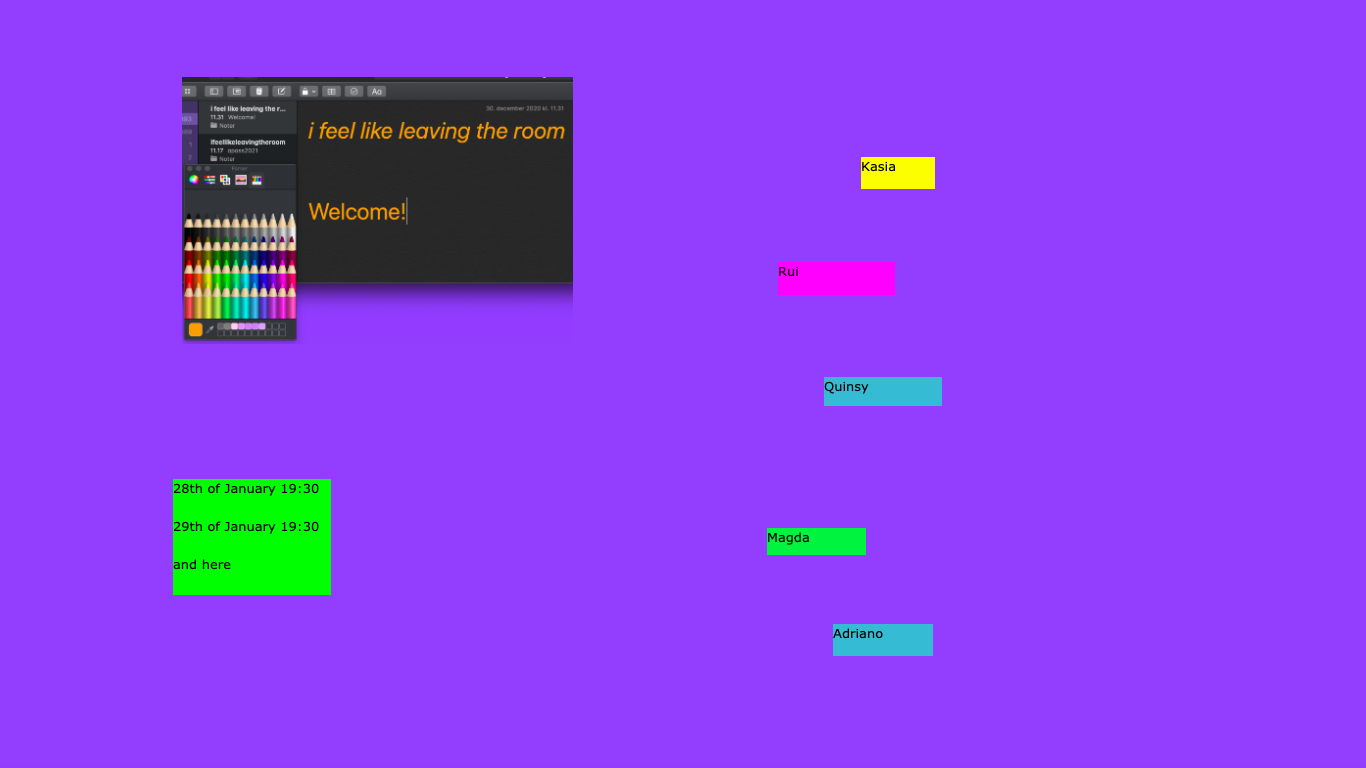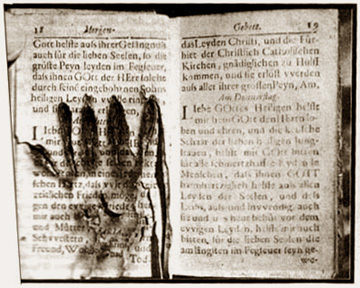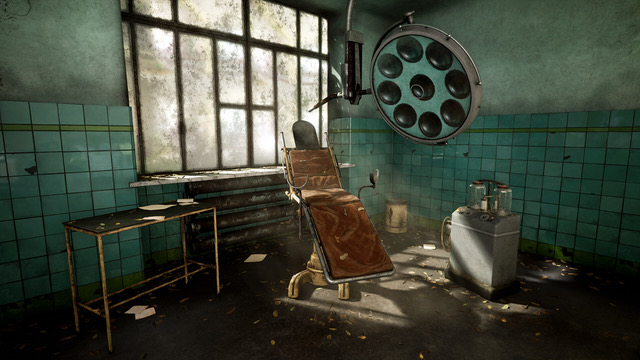end presentation, performative publishing, postgraduate program
I feel like leaving the room
28-29 January 2021 / online: https://ifeellikeleavingtheroom.online
End Presentations 2021 I

I feel like leaving the room
a.pass welcomes you the:
29th January 2021 – 19:30 – TV show -Collective presentation – 2h30 hours
Join Zoom Meeting
is finished….
Check out : https://ifeellikeleavingtheroom.online/
I feel like leaving the room is the title of the postgraduate End Presentations of researchers Rui Calvo (film maker), Quinsy Gario (poet, visual and performance artist), Adriano Wilfert Jensen (choreographer), Magdalena Ptasznik, (choreographer) and Kasia Tórz (dramaturg and writer).
After attending to the extended one year program at a.pass, the five researchers finish their trajectory with an online presentation of a collective website. Covid 19 and the restrictions of the confinement have framed the space of these public presentations in an uncanny entanglement between the private and the public. I feel like leaving the room is more than anything the (liminal) desire to come together. The form of this coming together takes shape around an ad-hoc TV show that will be streamed the 29th of January from the a.pass studio as an attempt to still intertwine thoughts and experiences.
In the beginning, the space for this public moment was imagined as a living room, as a place where the borders of the informal and the formal are blurred. Not as a real physical living-room but by using the conditions implied in such well known private (though public) environment, with the aim of engaging the audience in a different way. What happens when research becomes public as a workshop, a power point presentation, a film, a dance or a walk that steers from such a hangout surrounding?
As a consequence of the pandemic that determines the conditions of coming together – the living room became the desired ‘leaving room’ – a place, as well, between the private and the public but enclosing the publicness in separated private spaces with only one window – a window to the virtual. The artists researchers addressed that liminal space in various ways in accordance with the medium they mainly work with. Inevitably, the translations that will take place, address the current situation of the confinement, while trying to reach out to the world.
Rui Calvo‘s research on non-linear narratives in cinema, has worked with a group of performers in closed environments, claustrophobic settings, directive instructions that constrain the performers, as much as the audience, in a enclosed space of angst. In his films, no-one knows what, where and how these characters got together and which forces bind them to the situation they find themselves in. Like in a ‘chamber piece’ a small number of characters interacting over a short period of time in a limited environment create an awkward intimacy caught by the camera, from which they (maybe) want to leave. There is always the promise of an outside world created by a window, a curtain or the staircase, a promise that is never fulfilled. Cinema (audiovisual setting) is the medium by excellence we can access during the times we live. The medium that allows us to escape from the living room. But to where?
with Andrea Zavala Folache, Caterina Mora, Diego Echegoyen, Federico Vladimir, Flávio Rodrigo, Lilia Mestre, Lucia Palladino, Nathaniel Moore and Sara Manente.
Quinsy Gario‘s research focuses on de-colonial practices by revisiting archival material, institutional protocols and historical facts questioning the politics behind who gets to speak, when and how. By re-using existing materials, his work re-calls systems of oppression and proposes strategies and tactics of epistemic disobedience and fugitivity. For his End Presentation, Quinsy thinks through the Fragile sticker, used in the transport, and the imagery of travel, migration and seeking refuge elsewhere. The proposition gives attention to the precarious status quo of mobility and the destitution of private space of diaspora and fragile groups, specially threatened in time of forced confinement.
Adriano Wilfert Jensen ’s research followed three interrelated paths: spectatorship as practice, dance as a labor of depersonalizing the self and politics of collaboration. Through collaborative processes Adriano, developed dances that sought to cultivate response -ability in spectatorial practice. For his End Presentation he will present a letter on practice based spectactorship along with commented dance scores on the webpage of the group.
Magdalena Ptasznik, worked on several scores to introduce, instigate, and reflect upon the network of relations with other- than- human existences. She approaches choreography as a generative practice to speculate about future fictions for a world in environmental crisis. By using somatic practices, site-specific materials, storytelling in workshop settings, Magda seeks to empower change through activating collective imaginaries with the audience. For her End Presentation, a publication will be launched with a collection of writings that circulate around the idea of the score as a form of activating self-choreographic agencies.
Kasia Tórz’s, research on the notion of dissolving boundaries (smarginatura) engages in the liminal space between the private and the public, the textual and the image, reality and imagination, the conscious and the unconscious. Smarginatura makes reference to the writer Elena Ferrante and the main character of her Neapolitan Novels, Lila Cerullo, who experiences losing her solid outlines and melting into her surroundings. Kasia experimented with expanded forms of storytelling by engaging with image, voice, body practices and performance in her writing, by blurring the lines between reality and fiction in a daily life basis. For her End Presentation she will invite the audience to a nocturnal session.
This introduction took the flavour of a weather report. As times change in unforeseen ways, as complex forces conduct the environment, as the temperature is warmer than normal, as violence is unrated, as the soul is disoriented, as politics are going ashtray, the weather, here in Brussels, is grey and symptomatic of great confusion.
Stay home for now, imagine spring is coming soon and we all feel like leaving the room.
*
BIOS ad extra content
Rui Calvo is a Brazilian filmmaker who works as screenwriter, director and editor. He graduated from the University of São Paulo with a degree in Audiovisual Arts. Among his short films are “Whole Man” and “Quito”, which were screened at festivals in different countries, as Canada, England, South Africa and Argentina. “The Death of Helena”, his first feature film as a director and screenwriter, was recipient of a grant for film project development in Brazil. Now he is looking for opportunities to produce the movie in a country governed by the far-right and which has been destroying, among other things, the cultural sector.
In most of Rui’s previous short-films, the discomfort regarding one’s own body and the non-belonging feeling (or the lack of identity) are part of the content. Formerly, these concerns were built in the script in a linear narrative way and then translated into images. Coming to a.pass was a way of take a distance from the cinema field and think of audiovisual narrative otherwise. Through out the program, Rui addresses his initial question, on how to film bodies and not imprison them in rational discourse by taking “real life” as much as a product of convention as acting, by giving instructions ( that do not build a character) to the performers to play with in front of the camera and by creating filming settings that don’t reassure a fictional background where the performers can situate themselves. In this way, the production of fiction is unstable and influenced by the shooting process itself, in which the performers hover between being characters and themselves, creating subjectivity through filming. The alchemy of these elements produces encounters filled with tension, vulnerability and exposure to the other and also to the camera, which is left with an undergoing process of rupture, misunderstanding and indeterminacy, creating this way conditions for under-narratives to appear.
*
Quinsy Gario is a performance poet and artist from Curaçao and St. Maarten, two island that share continued Dutch colonial occupation. His work centers on decolonial remembering and unsettling institutional and interpersonal normalizations of colonial practices. Gario’s most well-known work is Zwarte Piet Is Racisme (2011–2012). As a member of the collective Family Connection established in 2005 by Glenda Martinus and Gala Martinus, respectively his mother and aunt, his current research is attempting to institute another way of archiving. He is a Utrecht University media studies, gender studies and postcolonial studies alumnus and a graduate of the Master Artistic Research program of the Royal Academy of Art The Hague. He is a 2017 Humanity in Action Detroit Fellow, 2017/2018 BAK Fellow, 2019/2020 APASS participant and a 2020/2021 Sandberg Institute Critical Studies Fellow. Gario received the Royal Academy Master Thesis Prize 2017, the Black Excellence Award 2016, the Amsterdam Fringe Festival Silver Award 2015, The Kerwin Award 2014 and the Hollandse Nieuwe 12 Theatermakers Prize 2011. His work has been shown in among other places Van Abbemuseum (Eindhoven), MACBA (Barcelona), Latvian National Museum of Art (Riga), Stedelijk Museum (Amsterdam), MHKA (Antwerp), TENT (Rotterdam) and Göteborgs Konsthall (Gothenburg). Gario is also currently running for Dutch parliament as a candidate for the political party BIJ1.
Quinsy entered the program studying practices of refusal as found within Caribbean performance practices and his research trajectory brought him to the Baltics thinking through postsocialism and postcolonialism. For the a.pass End Presentation Quinsy is presenting #FragileRoots which is a companion piece to #FragileRoutes, a work presented at the Bâtard Festival 2021 and part of a larger series of work and research. At the center of the proposition is the suitcase bought in Hong Kong by the Estonian artist Kristina Norman and gifted to Quinsy during his research residency at the Estonian Art Academy. The residency was to further research into the depiction and usage of the depictions of St. Maurice in the Baltic region. The Sudanese Catholic saint had been adopted as the patron saint of the Blackheads Brotherhood, a merchant guild of unwed men in at the end of the 14th Century. After the end of the Soviet occupation of the Baltic region the various countries of the Baltic became nations again and started to further develop national narratives which included or excluded the remnants of this guild. Through the series of works Quinsy is reflecting on Blackness, migration, improvisation and practices of refusal. This particular piece consists of the remnants of the aforementioned suitcase, stickers bought at the lowbudget department store Daily Style and slides that were bought at a second hand store in Estonia.The stickers are used for precious cargo and contain the word ‘Fragile’ and the slides depict images from the Apollo 4 and Apollo 6 missions and a vacation by an unnamed group of white individuals to Cuba in the 1960’s. Together with toys depicting underwater sea life, extendable mirrors and coasters with black glitter #FragileRoots pushes for epistemic disobedience and fugitive approaches to our collective presents, pasts and futures.
*
Magdalena Ptasznik has been exploring choreography and dance through creating performances, dancing in the work of other makers, creating choreography for drama theater, and teaching. Through the last years, she focused on contexts of practice that turn towards creating shared spaces and experiences – teaching, collaborating, and creating performances for the limited public (Microclimates I and II, Zachęta National Gallery 2018-2019, Cli-Fi at BWA Gallery Wrocław 2019). Magdalena is a member of a collective of choreographers Centrum w Ruchu (Warsaw), graduate of School for New Dance Development (SNDO), and sociology at Warsaw University. Since 2015 together with Maria Stokłosa and Renata Piotrowska she has been developing in Warsaw an educational project Choreography in Motion: Experimental Choreography Course. She lives in Amsterdam and Warsaw.
“My research materializes as written texts, which experiment with the form of the score—a choreographic tool. I started this journey with the idea of creating scores for collective participatory performances. Throughout the process, and the period of confinement we found ourselves in, the research transformed into an exploration of writing. I’m looking into what kind of performance these texts can produce with a reader. I propose to look at the performativity taking place in an intimate sphere activated through reading. I understand it as an interobjective space created by a reader, a score, and an environment. Scores direct its readers’ attention towards the relations within an environment of which they are part. In particular, I explore how we take part in the materiality of the environment as well as the relations we are already engaged in and have potential to engage with. Building upon observation and somatic experience, I investigate environmental relations through navigating attention and developing fictions. The ultimate reference and a tool to think with is, for me, geology, which brings us to the earth as the basic structure of our material being. Geological time teaches us about the constant movement of any and all matter, and it gives us a more-than-human perspective to time.”
*
Adriano Wilfert Jensen works with dance and choreography to analyse and produce conditions of relations. His practice manifests in making, performing, writing about, curating, representing and dealing choreography, dancing for other artists, as well as other occupations like a series of cocktail hang outs, publications, research projects, teaching etc.
Together with Simon Asencio he is since 2014 running Galerie – an immaterial gallery for immaterial artworks. And with Emma Daniel he is dancing for the dinosaurs in Spending Time With Dinosaurs. Together with Linda Blomqvist, Anna Gaïotti and Emma Daniel he organized Indigo Dance Festival, Magazine and Tink Thanks at Performing Arts Forum. In 2017 he initiated the research project analysis of which his a.pass research was part. In 2019 he premiered the group piece feelings as part of the research analysis, and in the summer 2021 he will premiere a new group piece informed by his research at a.pass.
Adriano, has been researching on what he calls practice-based spectatorship and dance as a labour dispositif for depersonalizing the self. He wrote a letter developing the notion of practice-based spectatorship as a tool to study how different dance works, which have shaped his own practice, condition spectatorship conventions. Through this letter, a contextualization of how his practice is situated by and indebted to the work of others, takes place. In addition, Adriano also developed a series of dances by analyzing and intervening in existing historical dance protocols. Working on these dances together with the research of spectatorship he questioned how to re-relate to the self beyond individualism, in dance and its spectatorship.
*
Kasia Tórz. Writer, dramaturg, researcher, is seeking for other than language-based ways of writing, i.a. working with images or body practices focused on internal movement. In that framework, she is interested in the melting points of the poetic, existential and political. Graduate from Philosophy at the University of Warsaw, participant of doctoral studies at the Institute of Art of the Polish Academy of Science in Warsaw. Between 2007-2011 she collaborated with Twożywo – a no longer existing Polish urban art group – at projects like: Zaciemnienie / Twilight and several wall paintings. Between 2008-2019 she has programmed a thematic section of the Malta Festival Poznań (PL) called ‘Idioms’. Since 2019 she has worked with Needcompany – a Brussels based theatre collective, as artistic & programme developer.
Smarginatura {this is a demo}
How are we touched by and through the live act – the act of seeing? What goes through the porous surface of our skin? What kinds of experiences expand our sensitivity? Who sets the scale of the image? The contour of the skyline? When do we break upon the pressure of impulses, when do we freeze, and when do we burn? What are the politics of seeing that we adapt to and how to alter them? Smarginatura {this is a demo} is a radio- broadcast, a live-like transmission of words, images and sounds. It invites the audience to explore the depth of the surface.
*


